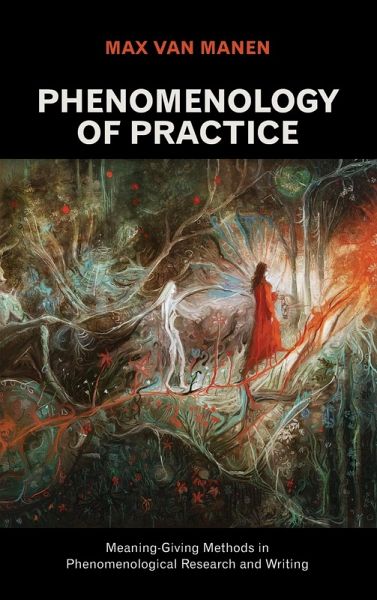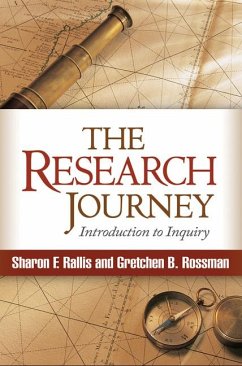Nicht lieferbar

Phenomenology of Practice
Meaning-Giving Methods in Phenomenological Research and Writing
Versandkostenfrei!
Nicht lieferbar
Weitere Ausgaben:
Presents a detailed description of key concepts and leading scholars of phenomenology as it has evolved over the past century-thoughtfully works through the methodological issues of phenomenological reflection, empirical methods, and writing that various phenomenological approaches offer for the applied researcher.












